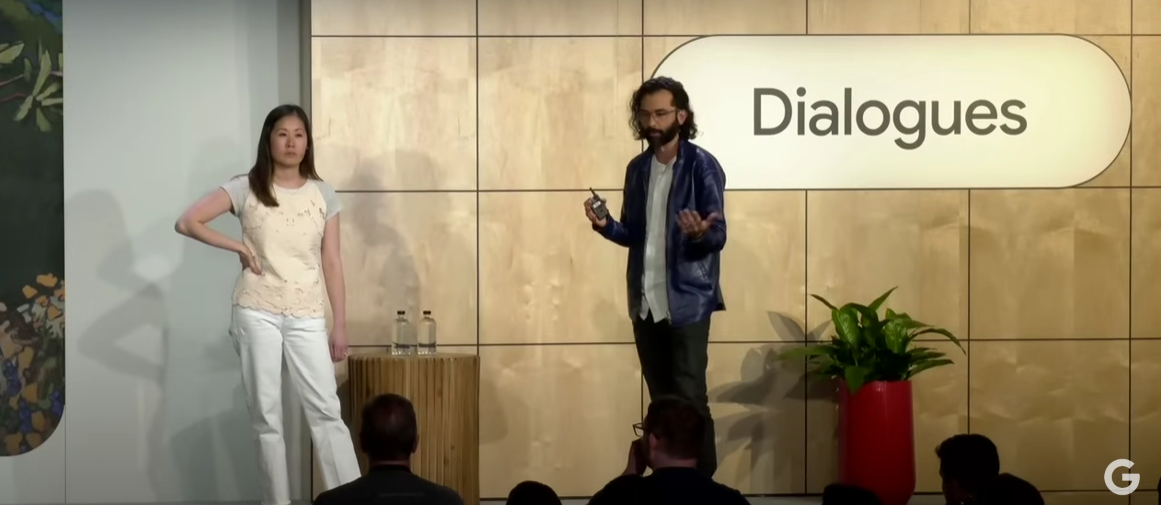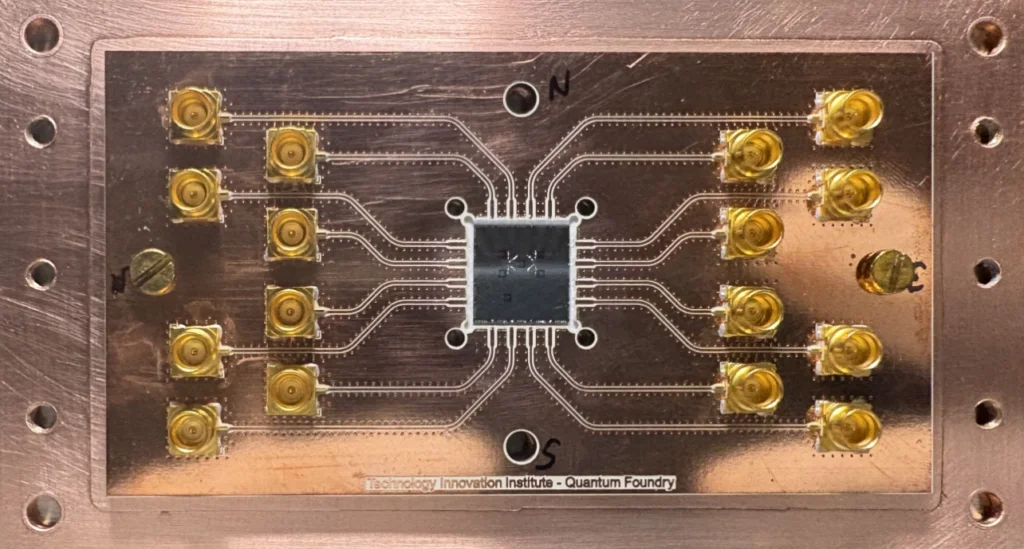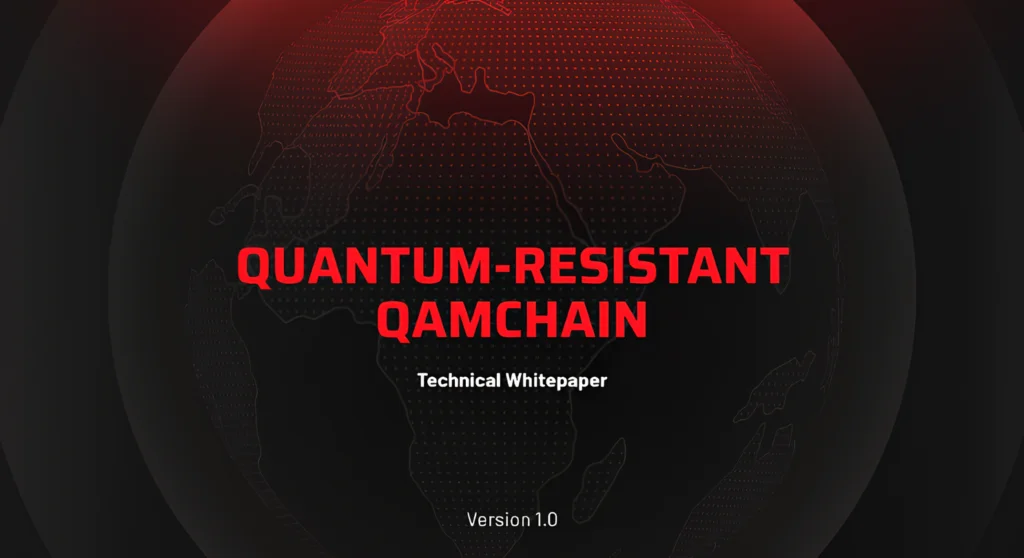At a recent event, Charina Chou, Director and COO of Google Quantum AI, and Erik Lucero, Lead Quantum Engineering at Google, discussed the fundamentals, misconceptions and future applications of quantum computing. They aimed to clarify the true capabilities of quantum computers while dispelling common myths.
Chou began by addressing the current state of quantum computing.
“Nature isn’t classical, dammit. And if you want to make a simulation of nature, you’d better make it quantum mechanical,” she said, quoting Nobel Prize winner Richard Feynman. She underlined that even with today’s best AI, simulating many aspects of nature remains difficult, stressing the potential of quantum computers to overcome these challenges. “Our thesis is here. Quantum computers will be a powerful tool,” Chou added.
Lucero explained some basic concepts of quantum mechanics and their implications for computing.

“Quantum is the language of nature, and I believe that art inspires our creativity, it propels us to explore scientific possibilities, and it welcomes folks to ask questions,” he said. He also called attention to the unique features of quantum systems, like superposition and entanglement, which enable quantum computers to solve complex problems much more quickly than traditional computers.
Addressing common misconceptions, Chou noted: “To date, no quantum computer has outperformed a supercomputer on a real-world application.” She clarified that while quantum computers have shown promise in certain areas, they are not yet universally superior to classical computers. “Quantum computers will be complementary to classical computers, outperforming them for some, but not all classes of problems,” she added.
Lucero discussed the practical aspects of building and operating quantum computers. He explained how qubits, the fundamental units of quantum computing, are created and maintained.
“We fabricate artificial atoms with just two levels by making them out of superconducting electrical circuits. We make them just like you would a computer chip, with the difference that we have to cool these systems down,” said Lucero.
Looking ahead, both Chou and Lucero expressed optimism about the future of quantum computing.
“Quantum simulation, the idea of the use of a quantum computer to simulate molecules and materials, is expected to have what’s called an exponential speedup,” Chou remarked, before Lucero added: “We believe in achieving the impossible, and we believe this prize will help mobilize these great ideas and turn those impossibilities into reality.”
The Google Quantum AI team is committed to pushing the boundaries of quantum computing to tackle complex problems that classical computers can’t solve. Through ongoing research and development, they aim to harness the full potential of this groundbreaking technology, driving advancements in areas such as drug discovery and energy optimization.
Featured image: Credit: Google
















